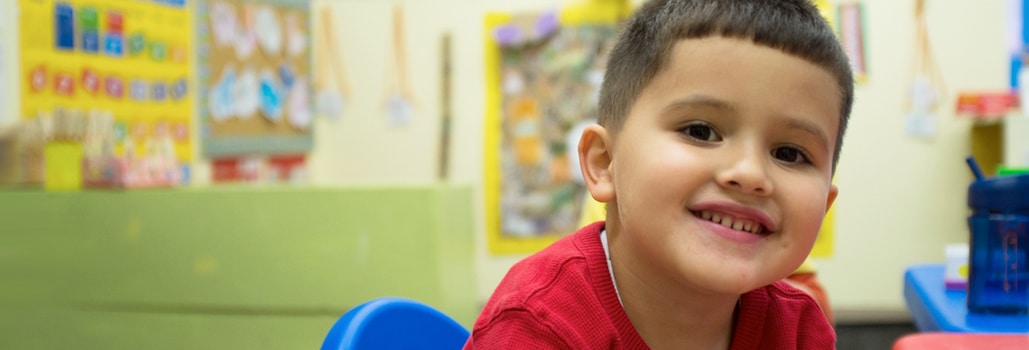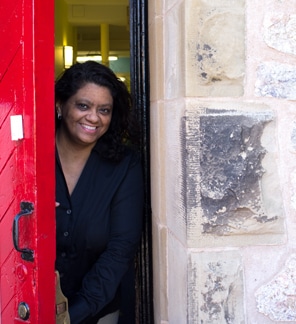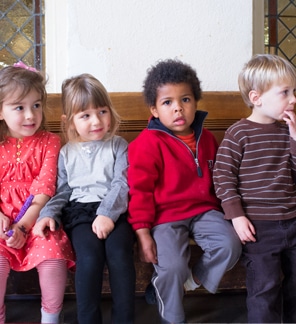Programming and curriculum planning is based on our belief that everything begins with the individual child.
How Young Children Learn
To truly engage children, we need to pull on their interests. This allows us to be able to meet individual goals for children while ensuring that their interest is always captured. When children are engaged in activities that they are naturally interested in, learning happens without effort.
Play is the key to happy, socially adept, intelligent children. Children are active learners, making sense of the world in their own unique ways. When they choose their own play, they are in charge, setting up their own problems and controlling their own learning. This is a powerful and exciting position for children, who are, in real life, often subject to the demands of others. Self-guided play enhances children’s enthusiasm, curiosity, and creativity. Pretend play, in particular, forms the groundwork for later intellectual and social development. In pretend play, children learn to cope with feelings, cooperate, and share. They learn new words, how to take turns, and how to solve problems creatively. When problem solving is made real in play, children build flexible and supple intellectual skills. They learn that there are many ways to deal with the world around them. In sum, it is through free and guided play that children learn without being “taught,” and it is this type of learning that has the most meaningful and lasting effects.
Our curriculum is emergent; it builds upon the interests of children. Topics for study are captured from the talk of children, through community or family events, as well as the known interests of the group. The curriculum for young children encompasses the schedule of activities, the physical learning environment, and the specific curriculum areas and themes. The thematic ideas and interests that arise from within the group are harnessed by the teacher, organized and built upon in order to offer the children a well-rounded experience. Throughout a theme, our teachers encourage the children’s natural thought processes and curiosity. The goal of thematic emergent planning is to create a lifelong love of learning by engaging the children’s interests as fully as possible.





